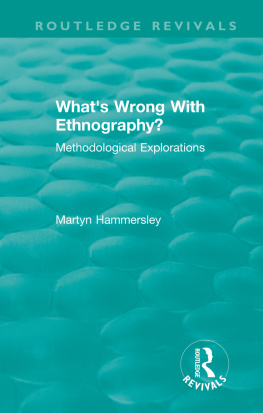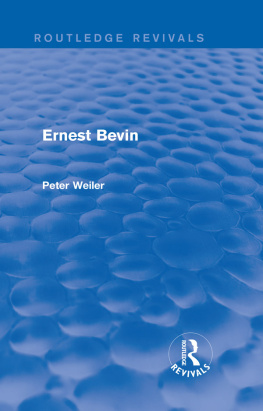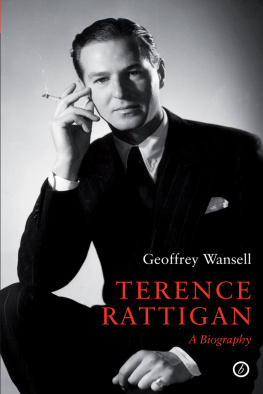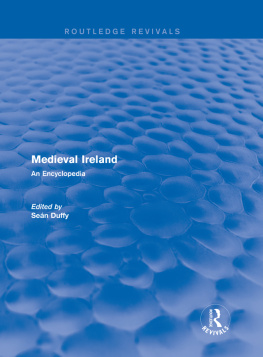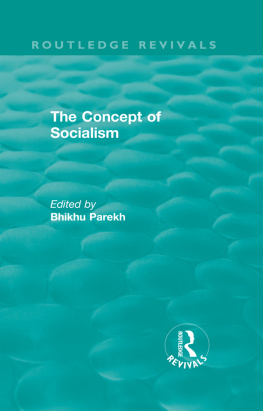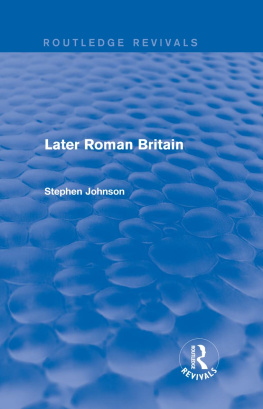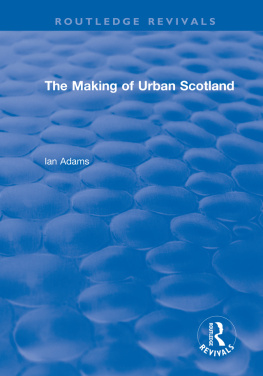Routledge Revivals
Professions and Power
First published in 1972, this book rejects as inadequate the trait and functionalist theories of the professions and instead presents an alternative framework to analyse the contemporaneous occupational change in industrial societies. The author describes how occupational specialisation creates varying degrees of social distance between producers and consumers of goods or services, thus several institutions of control social have developed collegiate, corporate or oligarchic patronage, mediative. The author looks at the social conditions necessary for the development of these methods of control and the apparent decline of professionalism in both developed and undeveloped societies.
First published in 1972
by Routledge
This edition first published in 2016 by Routledge
2 Park Square, Milton Park, Abingdon, Oxon, OX14 4RN
and by Routledge
711 Third Avenue, New York, NY 10017
Routledge is an imprint of the Taylor & Francis Group, an informa business
1972 British Sociological Association
All rights reserved. No part of this book may be reprinted or reproduced or utilised in any form or by any electronic, mechanical, or other means, now known or hereafter invented, including photocopying and recording, or in any information storage or retrieval system, without permission in writing from the publishers.
Publishers Note
The publisher has gone to great lengths to ensure the quality of this reprint but points out that some imperfections in the original copies may be apparent.
Disclaimer
The publisher has made every effort to trace copyright holders and welcomes correspondence from those they have been unable to contact.
A Library of Congress record exists under LC control number: 72188198
ISBN 13: 978-1-138-20353-2 (hbk)
ISBN 13: 978-1-315-47137-2 (ebk)
Preface
Terry Johnsons book Professions and Power made a seminal contribution to the study of professional groups when it first appeared in the early 1970s. It did so in the context of a swathe of work up to this time by trait writers and functionalist theorists in Britain and the United States which reflexively accepted professional ideologies as mirroring their own exalted standing in society. He dismantles their approach in the book and develops his own sophisticated view of professions based on professional power and interests. One of its great virtues is to enable students of professions to immerse themselves in an environment with a road map of how to navigate it. Terrys argument is direct and simple without being reductive. This is not to say that it stands above criticism. For example, there is a need for more systematic evidence to support some of his points. However, he provides an annotated bibliography that pushes the reader towards new journeys in the subject. The major strength of the book, and of Terry himself, in fact was to weave a complex set of theoretical ideas together in compelling and original fashion and in this case to produce a highly thought provoking text centred on the shifting historical relationship between the producers and consumers of goods through different forms of occupational control. It was at the leading edge of the then new wave neo-Weberian literature based on defining professions in terms of monopolistic forms of social closure and offering a more critical politicised view of the leading professions focused on the Anglo-American context, including doctors, lawyers and others.
Terry never stood still in terms of his enthusiastic and highly intelligent engagement with social theory. He moved on from this book to develop his ideas about the professions further. This was most evident in his first theoretical shift in the latter part of the 1970s towards a Marxist interpretation of professions particularly in terms of locating such professional groups in the class divide between capital and labour, highlighting the importance for professional structure and dynamics of fulfilling the global functions of capital and the role of the collective labourer in Western capitalist societies. He then developed a novel Foucauldian interpretation of professions making original use of the concept of governmentality, which saw the professions and the state as inseparable entities in the not always progressive development of modern societies. But nothing should take away from the impact of Professions and Power which was a watershed production that is still very widely cited in not only the social science literature, but also the material drawn upon both on courses and in practice by those either destined for or embedded in careers in the professions themselves. These also included the business community as auditing and accountancy were probably the areas that exercised Terry most amongst all the professions. As such, the book fundamentally changed thinking about professional groups for a generation and beyond.
We both knew Terry in various capacities during his time at the University of Leicester, where he had been an outstanding sociology student, until his untimely death in 2006 following an initial stroke in 1993. While Head of School at De Montfort University, I knew Terry as a close co-researcher and collaborator on a number of conferences and publications, while John Flood was one of his admiring students. We share a view of Terry as a charismatic and often brilliant speaker. He was a warm, committed and sensitive person whose academic judgement was well measured and astute. This served him well in his role as Chair and Head of the Department of Sociology at Leicester, as well as his broader position on the Board of the International Sociological Association Research Group on Professions which prepared the way for my ultimate role as President. Thanks must go to Routledge for reproducing this book in its Routledge Revivals Series as it has been barely accessible over the past two or three decades. Readers also owe a sincere debt to his widow Renie Lewis who supported him so heroically to the end and whose determination to bring this work to an ever wider audience enabled the reversion from Palgrave Macmillan to Routledge to occur. We hope that this will be the start of a process in which Terry Johnsons work becomes a platform from which to reflect on the sociology of the professions and its future. We strongly recommend that the reader delves further into the contribution that Terry made in both this text and his other writings in this ever-growing field.
Professor Mike Saks
Research Professor
University Campus Suffolk, UK
Professor John Flood
Professor of Law
Director of Law Futures Centre
Griffith University, Australia
Professions and Power
TERENCE J. JOHNSON
Research Fellow, Institute of Commonwealth Studies University of London
Macmillan
British Sociological Association 1972
All rights reserved. No part of this publication may be reproduced or transmitted, in any form or by any means, without permission.
First published 1972 by
THE MAGMILLAN PRESS LTD
London and Basingstoke
Associated companies in New York Toronto
Dublin Melbourne Johannesburg and Madras
SBN 333 13430 3
Printed in Great Britain by
THE ANCHOR PRESS LTD
Tiptree, Essex
The paperback edition of this book is sold subject to the condition that it shall not, by way of trade or otherwise, be lent, re-sold, hired out, or otherwise circulated without the publishers prior consent in any form of binding or cover other than that in which it is published and without a similar condition including this condition being imposed on the subsequent purchaser.



